Best Time for Leaking Chimney Repairs
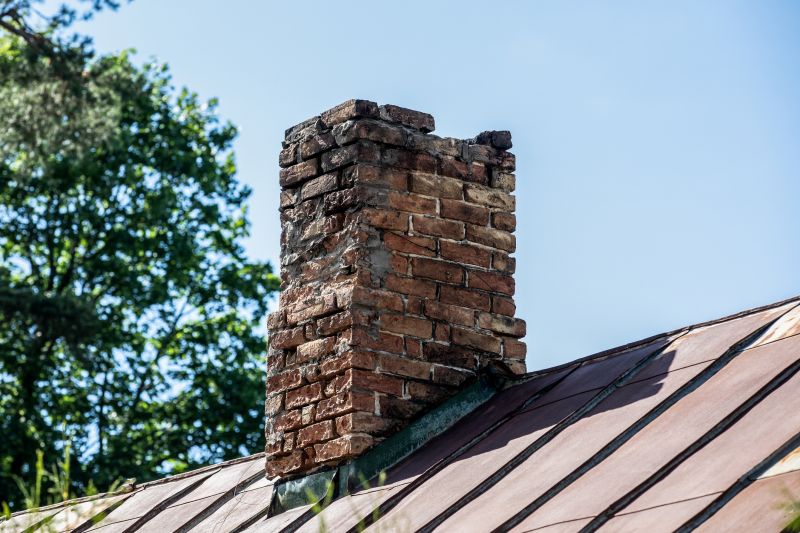
Images show deteriorated flashing that can cause leaks.
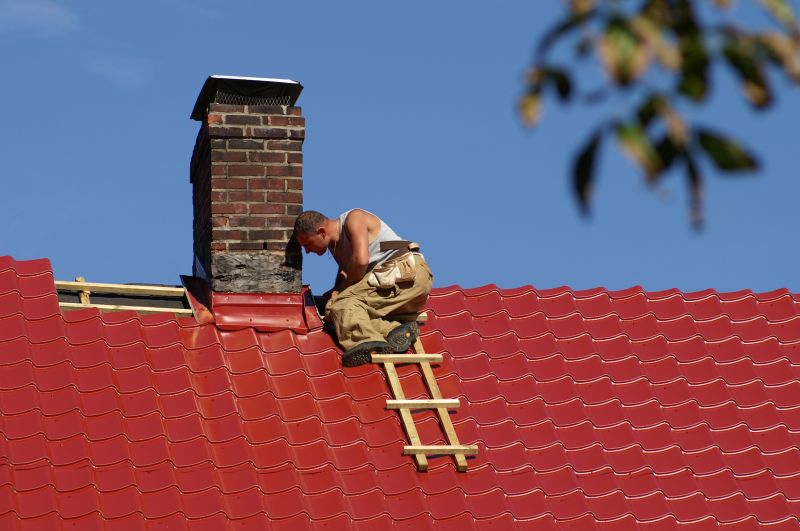
Photos depict repair work during wet weather conditions.
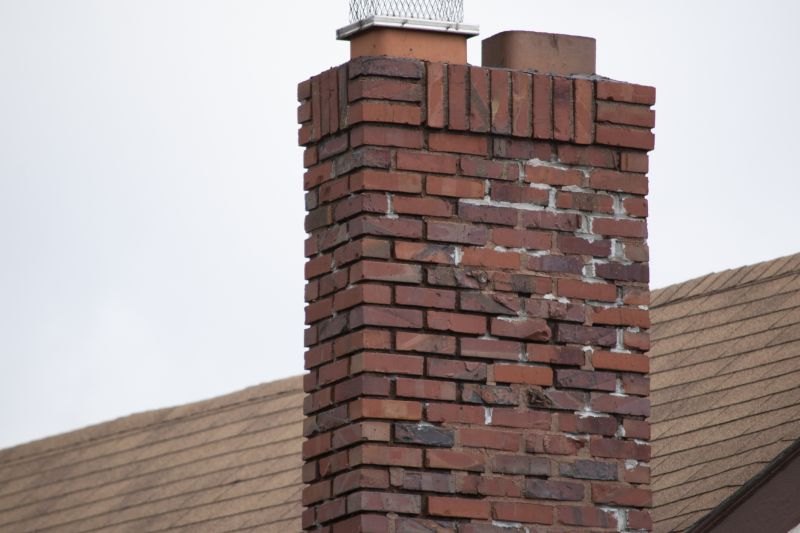
Images of inspections and repairs in dry weather.
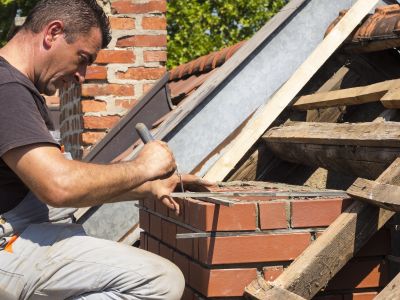
Ways to make Leaking Chimney Repairs work in tight or awkward layouts.
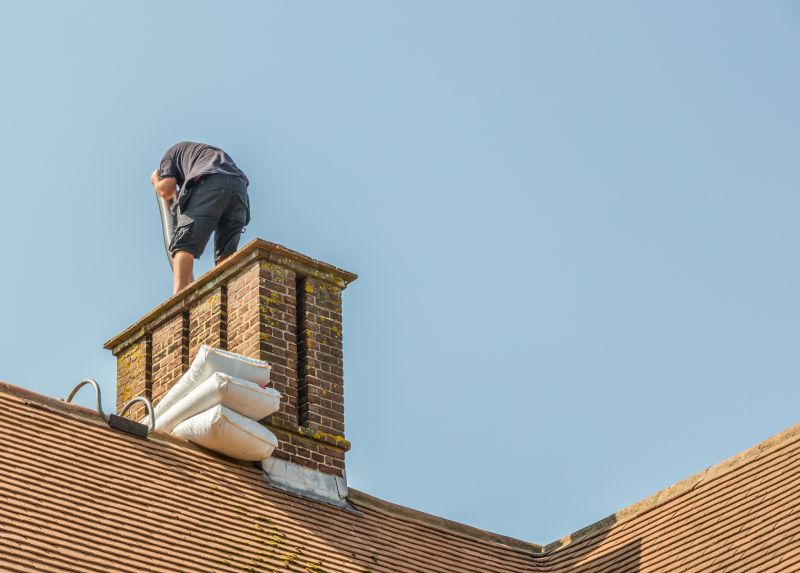
Popular materials for Leaking Chimney Repairs and why they hold up over time.
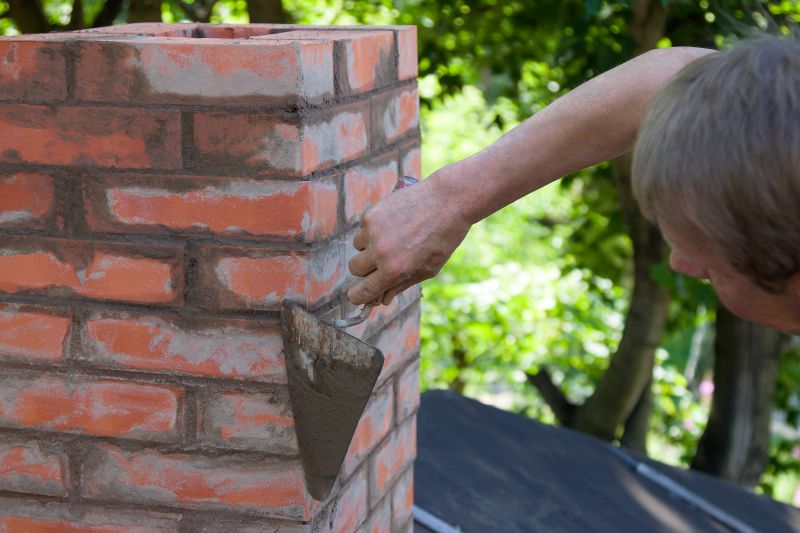
Simple add-ons that improve Leaking Chimney Repairs without blowing the budget.
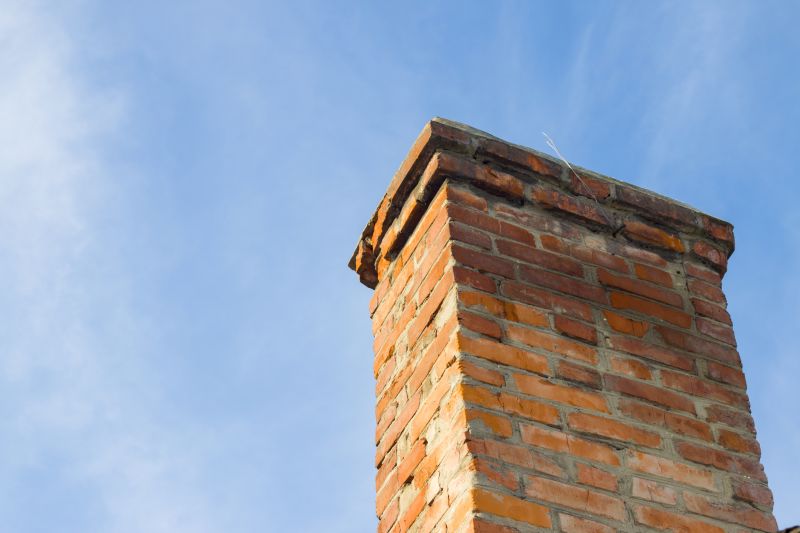
High-end options that actually feel worth it for Leaking Chimney Repairs.
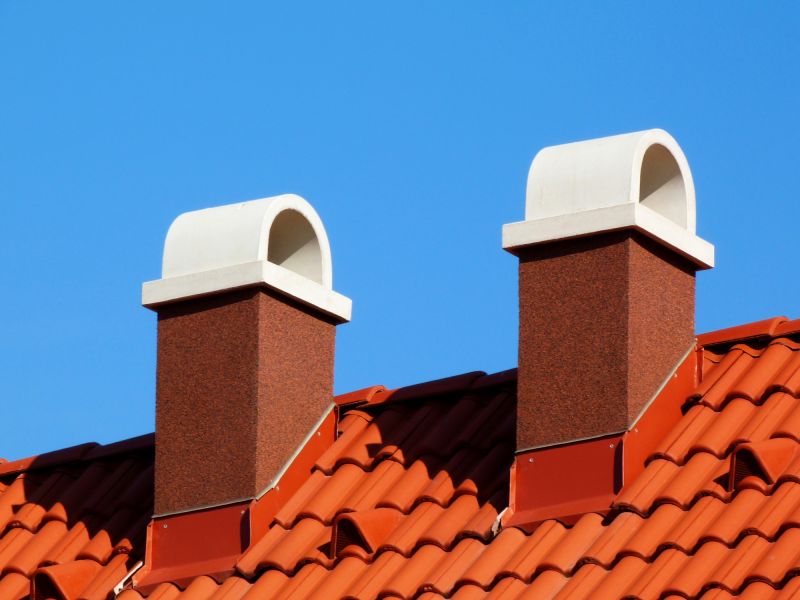
Finishes and colors that play nicely with Leaking Chimney Repairs.
Leaking chimney repairs are essential to prevent water intrusion, which can cause structural damage and mold growth. The optimal time to undertake repairs depends on weather conditions and the severity of the leak. Typically, dry and mild weather offers the best conditions for effective repairs, ensuring materials adhere properly and inspections can be thorough.
Statistics indicate that most leaks are exacerbated during rainy seasons or periods of heavy precipitation. Addressing leaks before the onset of winter or rainy seasons can prevent costly damage and extensive repairs. Conducting inspections and repairs during dry weather minimizes delays caused by weather-related interruptions and allows for more accurate assessments.
Ideal for repairs due to dry weather and longer daylight hours.
Repair work during cold or rainy periods can be less effective and more challenging.
Scheduling inspections before rainy seasons helps identify issues early.
Addressing leaks after storms prevents further damage.
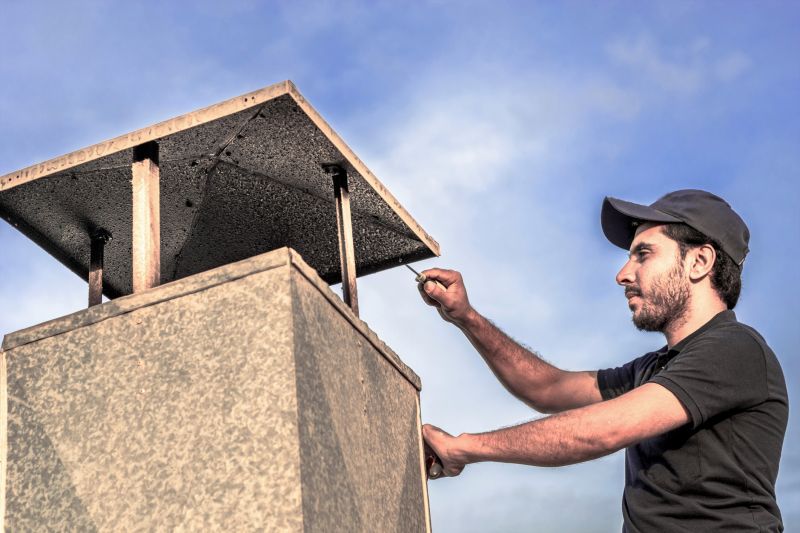
Replacing damaged flashing to prevent leaks.
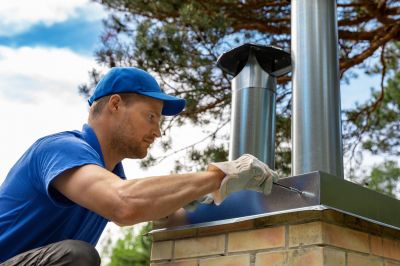
Applying protective coatings during dry weather.
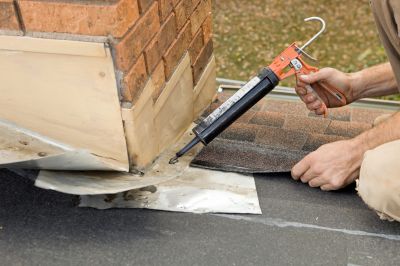
Sealing brickwork to prevent water intrusion.
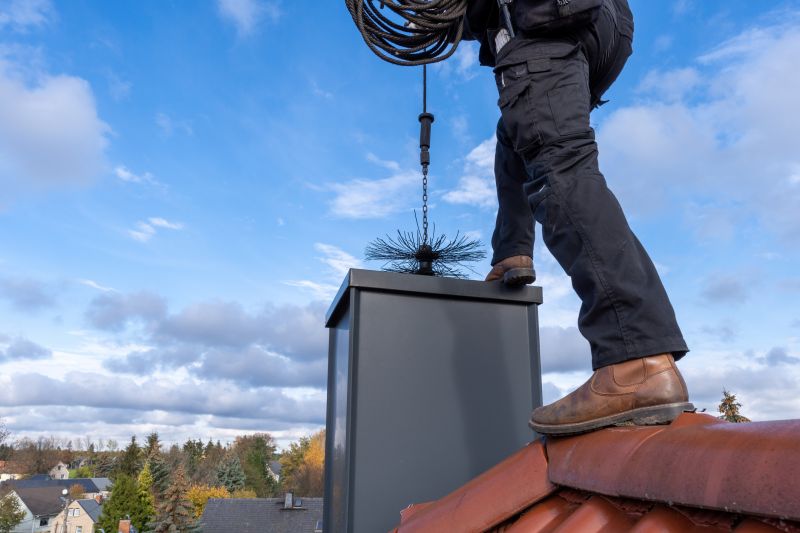
Visual assessments are clearer in dry weather.
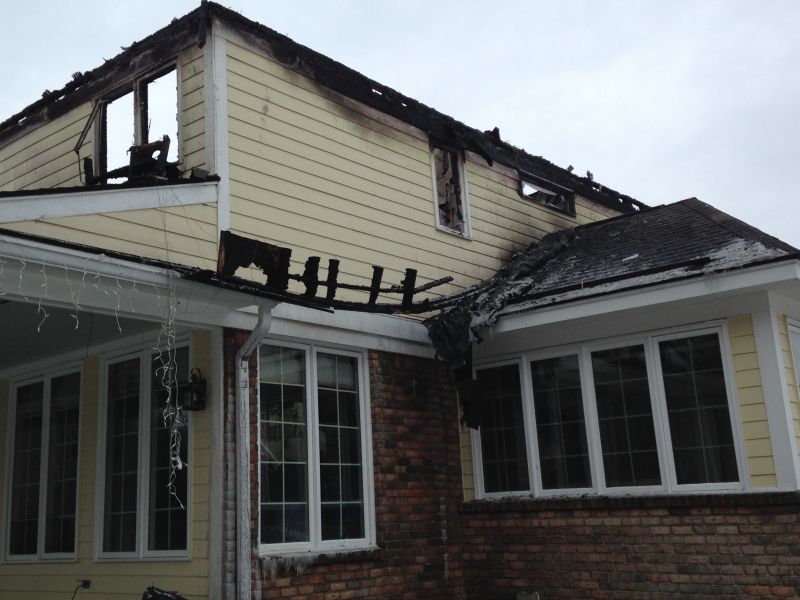
Assessing for damage after dry spells.
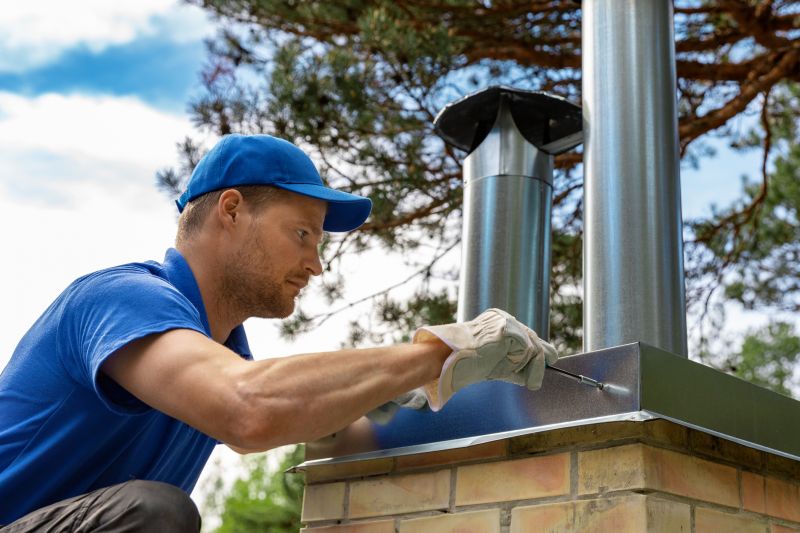
Installing caps in suitable weather conditions.
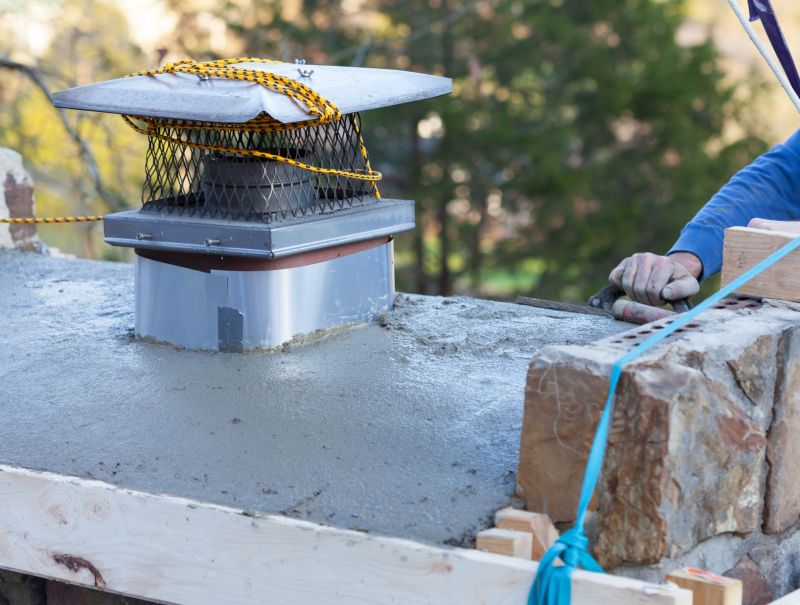
Strengthening chimney structures during dry periods.
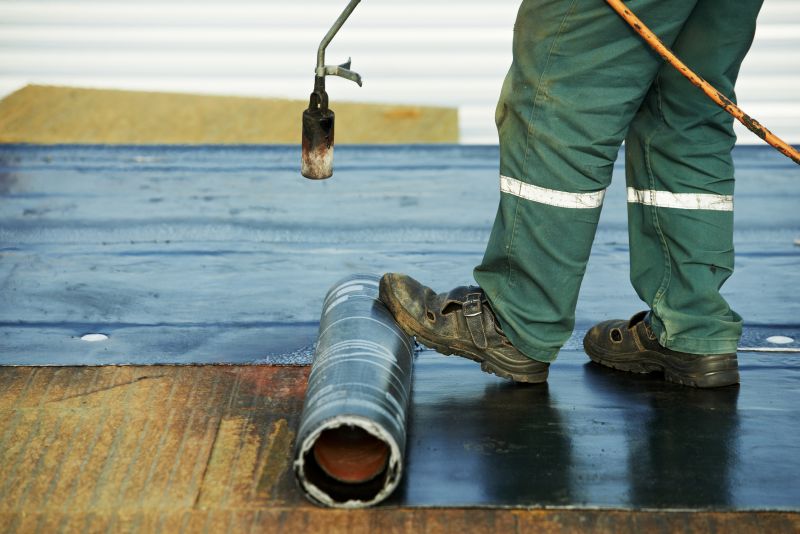
Applying waterproofing membranes during favorable weather.
| Season | Ideal Repair Conditions |
|---|---|
| Spring | Dry, mild weather suitable for repairs and inspections. |
| Summer | Long daylight hours and dry conditions ideal for sealing. |
| Autumn | Pre-rain season for preventive repairs. |
| Winter | Less suitable due to cold and moisture. |
| Rainy Season | Avoid repairs; focus on inspections and planning. |
| Post-Storm | Address leaks caused by recent storms. |
Scheduling chimney leak repairs during optimal weather conditions enhances the effectiveness of materials and ensures thorough inspections. Proper timing can reduce repair costs and prevent further damage caused by water intrusion. Regular maintenance and early intervention are key to maintaining chimney integrity.
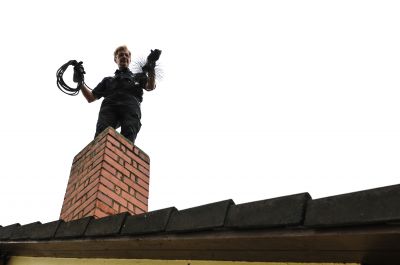
Visual assessment of chimney condition.
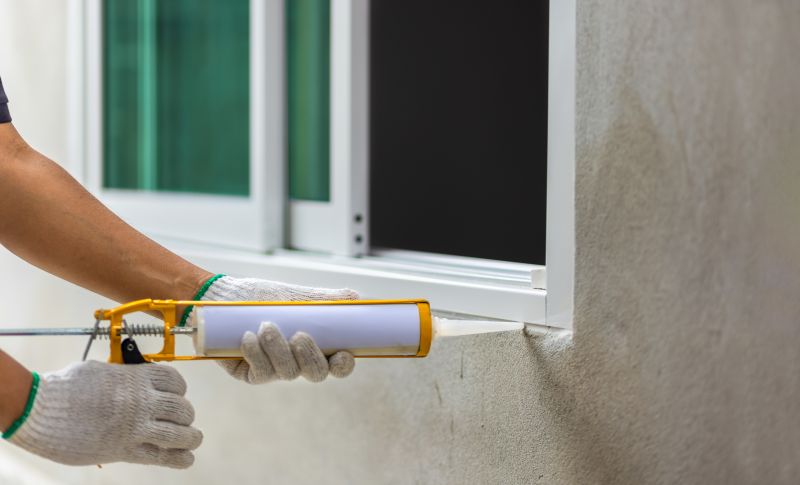
Applying sealants during suitable weather.
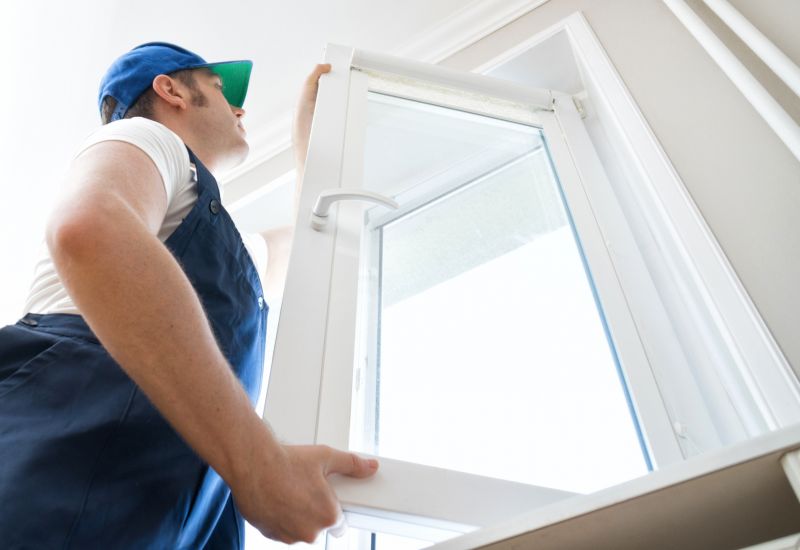
Replacing or sealing flashing in dry conditions.
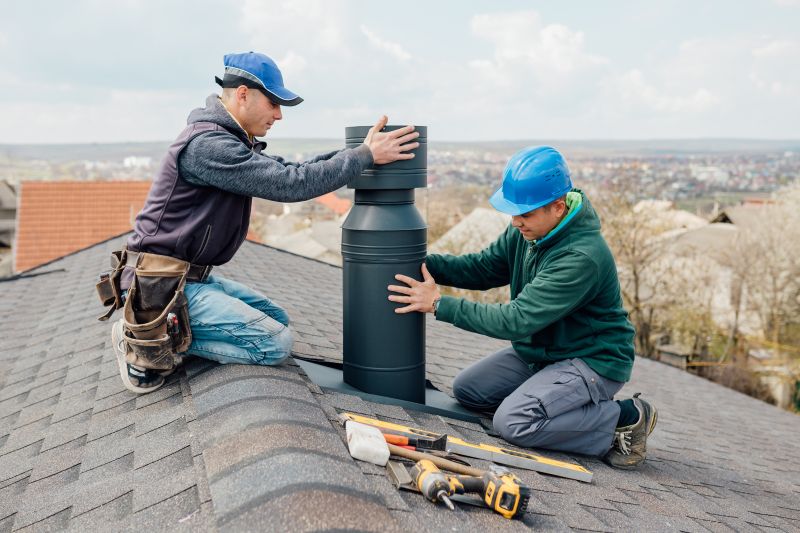
Ensuring all repairs are properly completed.
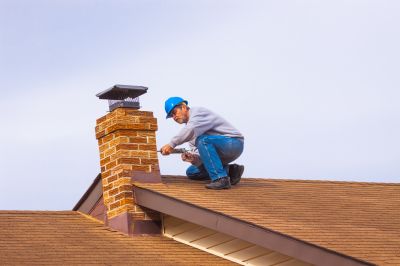
Little measurements that prevent headaches on Leaking Chimney Repairs day.
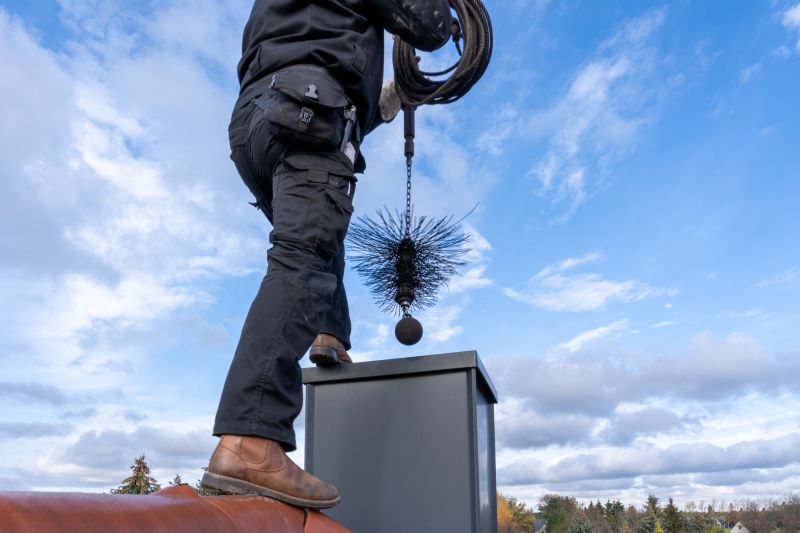
A 60-second routine that keeps Leaking Chimney Repairs looking new.
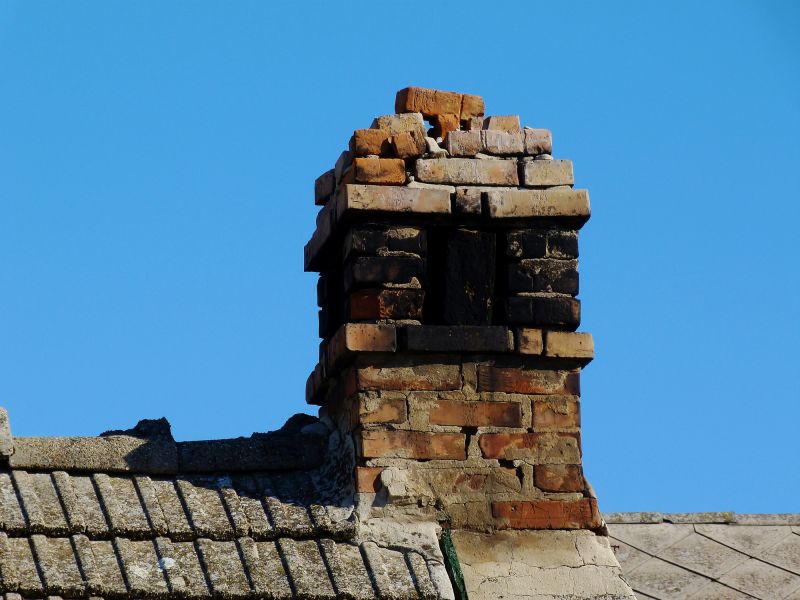
A frequent mistake in Leaking Chimney Repairs and how to dodge it.
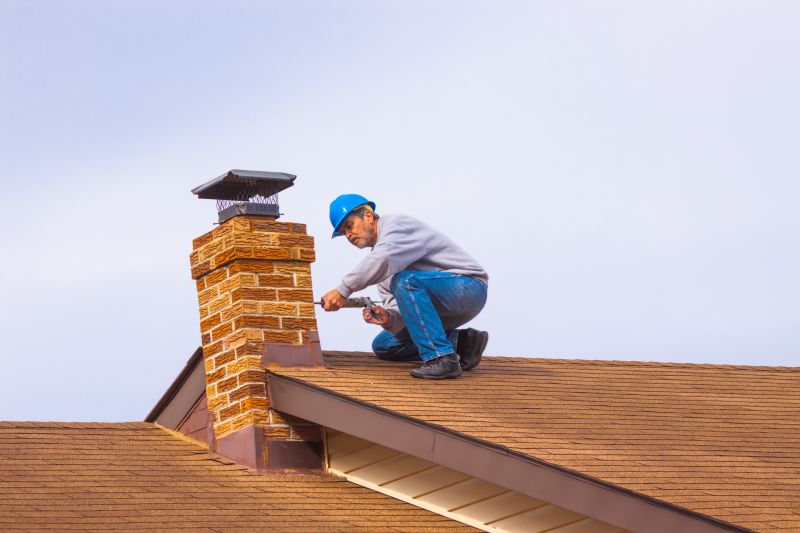
Small tweaks to make Leaking Chimney Repairs safer and easier to use.
For those interested in scheduling leaking chimney repairs, filling out the contact form provides a way to receive expert guidance and service scheduling. Proper timing and professional assessment are essential for effective leak resolution and chimney longevity.
